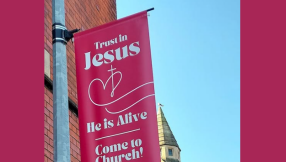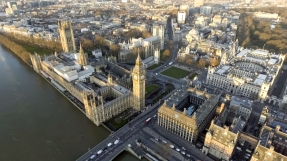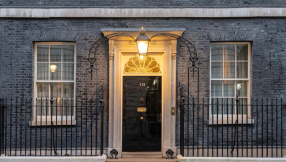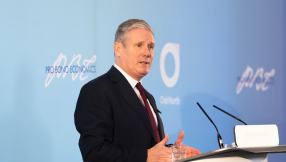
The Supreme Court has ruled that doctors and medical professionals can no longer expect life-long anonymity as a matter of course in cases involving the withdrawal of life-support from terminally ill children.
In the last decade or so, cases such as those of Charlie Gard and Alfie Evans have hit the headlines due to bitter legal cases between NHS staff who wish to withdraw treatment from children with terminal illnesses, and parents who wish to explore other options.
Until today doctors in such cases were granted anonymity by family courts, a practice that has effectively placed a legal ban on parents sharing their experiences and giving their side of the story.
The ruling today came as a result of a case brought by Rashid and Aliya Abbasi and Lanre Haastrup and supported by the Christian Legal Centre.
The Abbasis, who are both doctors, said the treatment of their six-year-old daughter Zainab took place in a “toxic environment” in which they were pressured and lied to by clinicians. Relations between parents and doctors became so bad that Rashid Abbasi was arrested while sitting at his dying daughter’s bedside.
In the case of Mr Haastrup, his son Isaiah suffered brain damage due to medical negligence. The hospital admitted its fault and compensated Mr Haastrup but still went on to persuade a court to allow it to terminate Isaiah’s life support against the wishes of his parents.
In its ruling, the Supreme Court said that “the treatment of patients in public hospitals is a matter of legitimate public interest, and that the medical and other staff of public hospitals are public figures for the purposes of the Convention, with the consequence that the limits of acceptable criticism are wider than in the case of private individuals”.
Doctors wishing to remain anonymous in such cases will now have to provide “compelling evidence” that they face “a real and continuing threat of a serious nature”.
Following the judgment, Dr Rashid Abbasi said, “As a senior doctor myself, it was a shock for me to see the behaviour of some of my colleagues when my little daughter’s life was in their hands."
He added, "We were brutally silenced both before and after Zainab’s death. Now, after six years of fighting in courts, we are finally allowed to tell our story.”
Lanre Haastrup told of his own traumatic experience with the NHS, “For the past seven years, we were banned by the court order from even telling our side of the story.
"It is astonishing to what lengths the NHS has gone, taking us through every level of the judicial system several times over, first to end Isaiah’s life and then to silence the truth about his death.”
Andrea Williams, chief executive of Christian Legal Centre, praised the court’s decision as a victory for transparency and said that it had been a privilege to support the Abbasi and Haastrup families in their plight.
“I shudder to think how many other families, perhaps with similarly shocking experiences, may have been successfully silenced because they did not have the strength or resources to resist," she said.













